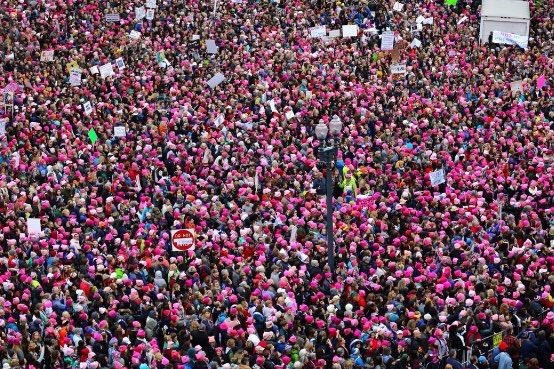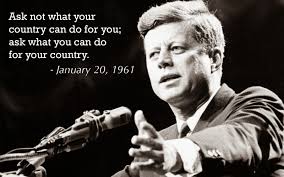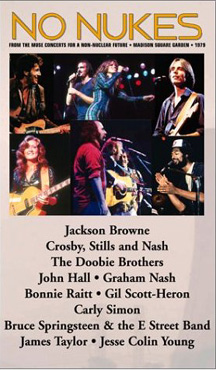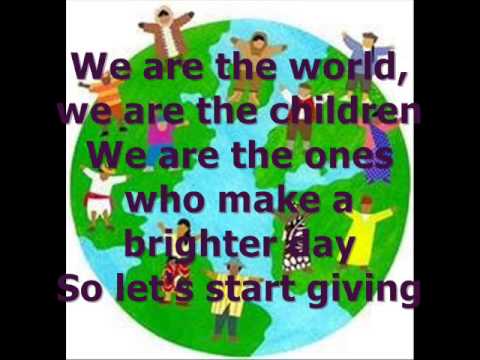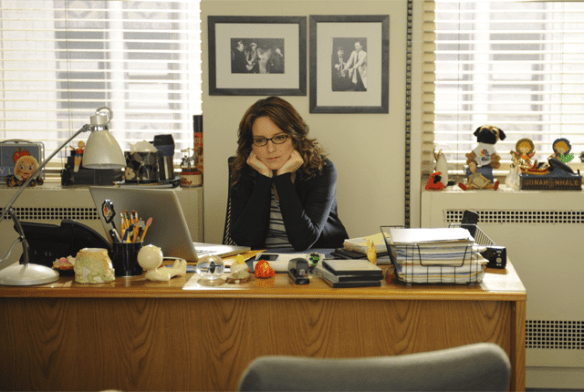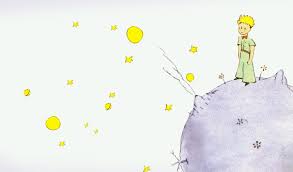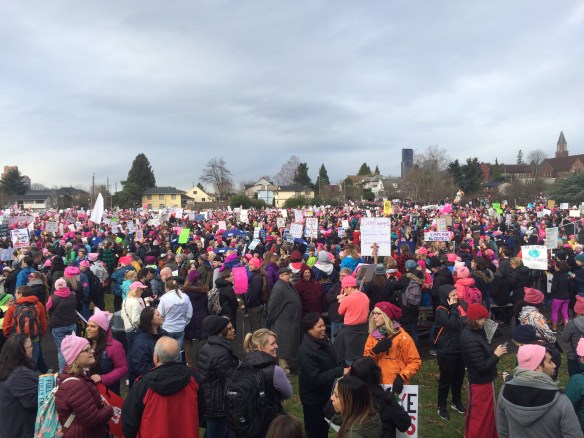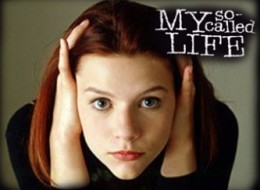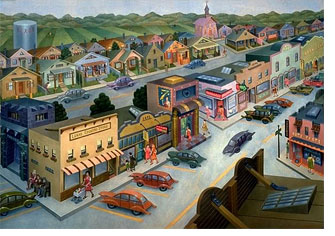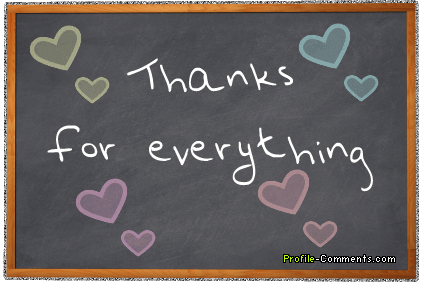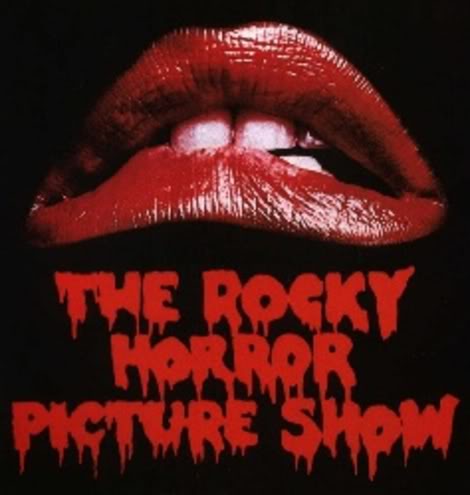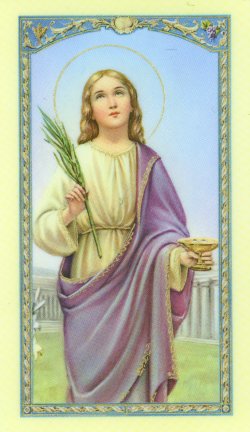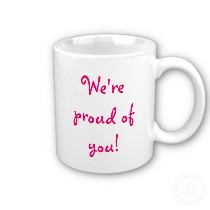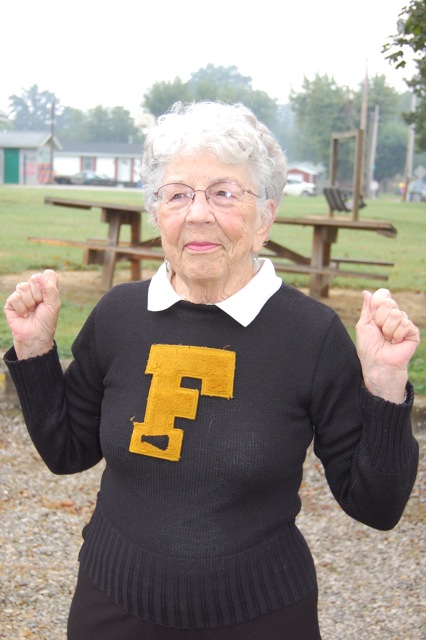 I know I’m not the only person who planned my court date around lunch —specifically a foray to Seattle’s famed Il Corvo, a handcrafted pasta joint in the downtown judicial corridor that is only open for weekday lunch and has lines streaming out the door and up the steep hill of James Street. I’d discovered the restaurant a year-and-a-half earlier while on jury duty. I may be the only juror to be disappointed that my service ended early, too soon for me to have a chance to try Il Corvo. Yesterday, that changed.
I know I’m not the only person who planned my court date around lunch —specifically a foray to Seattle’s famed Il Corvo, a handcrafted pasta joint in the downtown judicial corridor that is only open for weekday lunch and has lines streaming out the door and up the steep hill of James Street. I’d discovered the restaurant a year-and-a-half earlier while on jury duty. I may be the only juror to be disappointed that my service ended early, too soon for me to have a chance to try Il Corvo. Yesterday, that changed.
Over the past year, the pocket-sized restaurant’s fame has grown, dangerously some might say. Too often when a place gets this much hype, you end up disappointed. I’m happy to report that this was definitely not the case with Il Corvo. Nor was it the case with Salumi, the equally acclaimed and difficult to get into lunch spot owned by the kin of Mario Batali that I’ve only been to once, years ago. Lunch, American-style, has a rushed, snack-like feel to it. How often do we treat ourselves to a luxurious bowl of pasta or platters of cured meats or a steaming platter of biriyani in the middle of the day?
What brought me to municipal court was the culmination of months of a Kafkaesque battle over two undeserved parking citations, one of which I never actually received. I won’t bore you with the details of the glitches in the online parking app that caused my problems or the months of letter writing and frustrating conversations with the parking collections people who kept losing my proof of payment and providing misleading information over the status of my case. The world has seemed off-kilter since November 8 and I was determined to right my particular injustice by having my day in court.

Returning home from a pleasant early morning lakeside workout on the day before my court appearance, my car was rear-ended and the young Latina woman who hit me fled the scene. I wasn’t surprised. Unlike me, a well-educated, middle-aged, well-off white woman who could plan a court date around lunch, confident that I could plead my case before an understanding judge and have my parking fines reduced, the woman who hit me had everything to lose by contacting the police or the insurance company. My car and I were fine. The front end of her car was smashed in and smoking. Maybe she didn’t have insurance. Maybe she was undocumented. Maybe the father of her baby, mercifully unhurt in the crash, would beat her for the trouble she’d caused. Maybe there was no father and she was rushing to drop her baby off at daycare before heading off to a minimum wage job. Maybe I got scammed. I’ll never know.
After she hit me, I jumped out of my car to assess the situation and she came screaming, wild-eyed out of her car. “You’ve got to help me, ” she cried. “My baby. My baby.”
My heart ached for that baby, who looked up at me, placid and doe-eyed, from her carseat, seemingly unscathed . There was talk of calling 911 and of pulling out of traffic and meeting around the corner. I turned right and parked. The woman who hit me kept going, straight out of my life.
“Spend some time on a police force and you’ll never trust anyone,” said the officer who took my report, no doubt shaking his head because I’d neglected to snap a photo or write down the woman’s license plate details. But as any mother would understand, my first concern had been for the baby.
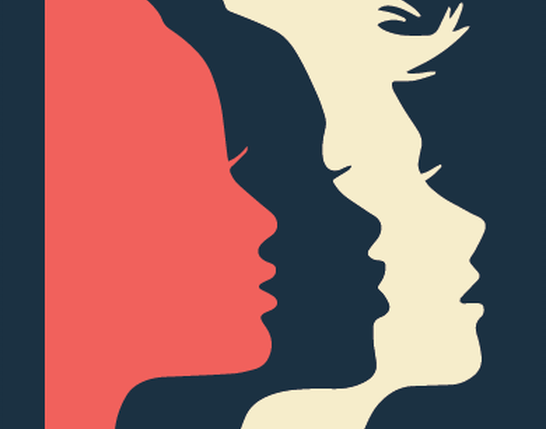
Over our luxurious pasta lunch the next day, my wise friend E and I swapped stories. I told her about the accident and she told me about an elderly family member who is at risk of losing her home. We talked about the growing sense of vulnerability people have. “We need compassion for each other now more than ever,” E said.
Indeed, the judge who heard my case was full of compassion, apologizing for my ordeal and reducing my parking ticket fees enough so that, even with a nice pasta lunch and parking factored in, I still came out ahead.
I’m haunted by how things turned out for the woman who hit my car.
I’ve been fortunate, even amidst life’s ups-and-downs, to have faith in safety nets. But my confidence in them is wavering, especially for those less fortunate than me.
After my day in court, I joined members of my local Indivisible group (made up mostly of white, middle-aged women like me) to learn how we could constructively help the fight to protect civil liberties, the environment, and the Constitution.
“Find the people who are directly impacted and vulnerable and tell us their stories,” our guest speaker advised.
This is a start.
Stressful times and Seattle’s coldest winter in 30 years cry out for comfort food. Inspired by a traveling family member, sending tantalizing photos and descriptions of her travels in Portugal and Spain, last Friday I decided we needed a simple, earthy paella to warm and soothe our souls.This recipe comes from the first cookbook from Moro, a delightful sounding restaurant in London that I hope to visit some day.

Here’s the recipe. I hope you enjoy this bowl of comfort.
Moro’s Rice with Pork, Chorizo and Spinach




